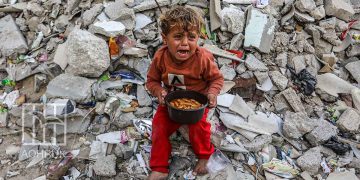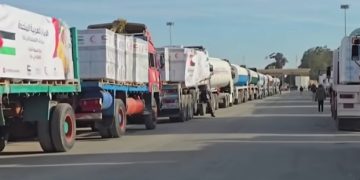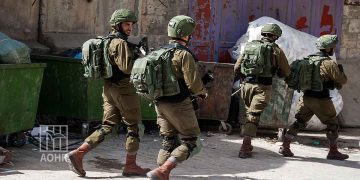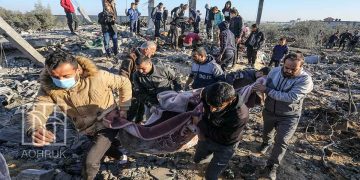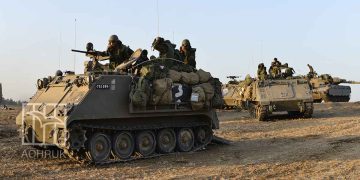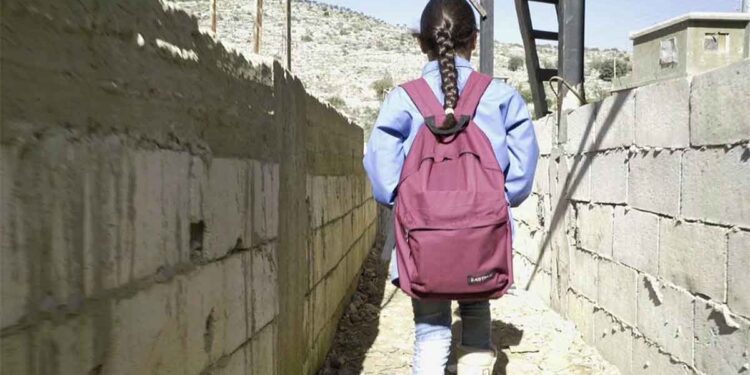More than ten years after the start of the popular uprising in Syria, 100s of 1000s of Syrian children living in Lebanon continue to suffer appalling poverty – including, for many children, a total lack of formal education.
Lebanon has the largest per capita population of Syrian refugees in the world, with approximately 1.7 million Syrian refugees currently living in the country.
The circumstances for the vast majority of Syrian refugees in Lebanon are now dire, having worsened dramatically over the last years. 89% lived below the poverty line in 2020, compared with 55% in 2019, according to a December 2020 UN report.
A more recent report, the Vulnerability Assessment of Syrian Refugees in Lebanon, co-authored by the UNHCR agency, has found that “with nine out of ten Syrian refugees still living in extreme poverty.”
As to children’s education, “thirty percent of children in school age (ages 6-17) have never been to school. Primary school attendance for children between 6 and 14 years old dropped by 25% in 2021”, the same report found.
Of the 660,000 school-age Syrian refugee children, 30% – 200,000 – have never been to school. 60 percent were not enrolled in school over the past years, according to the same report.
Various formal policies and informal practices block Syrian children from education in Lebanon.
Syrian children are not automatically registered each year; moreover, the registration period is punitively short, and registration requires birth certificates, educational records, and proof of residency – all of which can prove impossible to obtain for many Syrian refugees.
Only days ago, on 4 December, registration for the next school was closed – after the government’s guidance on applications was released only on 29 November.
And, political turbulence, the Covid-19 pandemic, and economic collapse have made accessing education still harder.
However, Syrian refugees cannot safely return home.
The Syrian regime, with Bashar al-Assad at its head, is responsible for the deaths of 100s of 1000s or Syrians, due to its violent crackdown on the popular protests that began in 2011.
And still now, Syria is not safe for the many millions of Syrians forced to leave over the last decade. Fighting continues in Syria’s Idlib province – four children were seriously injured by regime bombing only days ago – and those refugees who do return face a hostile regime.
However, this has not stopped the Lebanese authorities from deporting Syrians who arrived after the spring of 2019 – a blanket measure that is itself illegal under international law.

